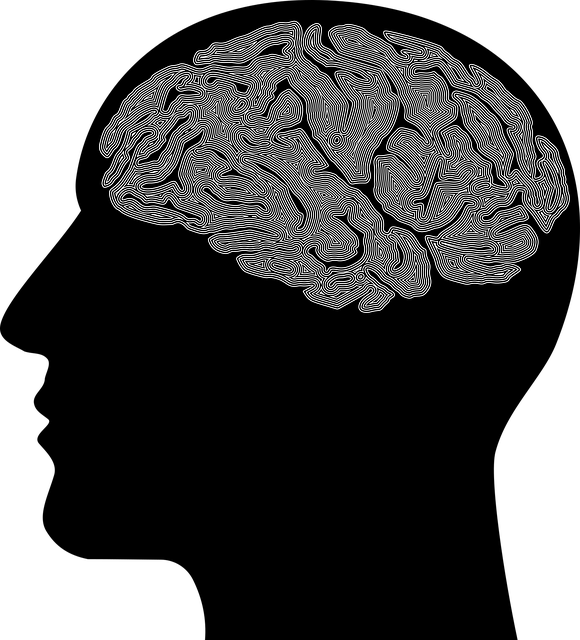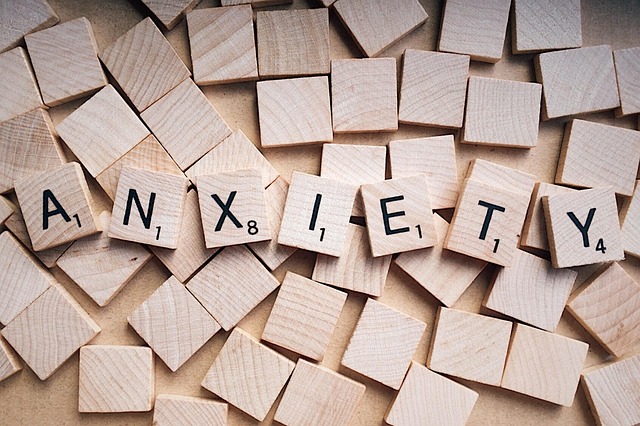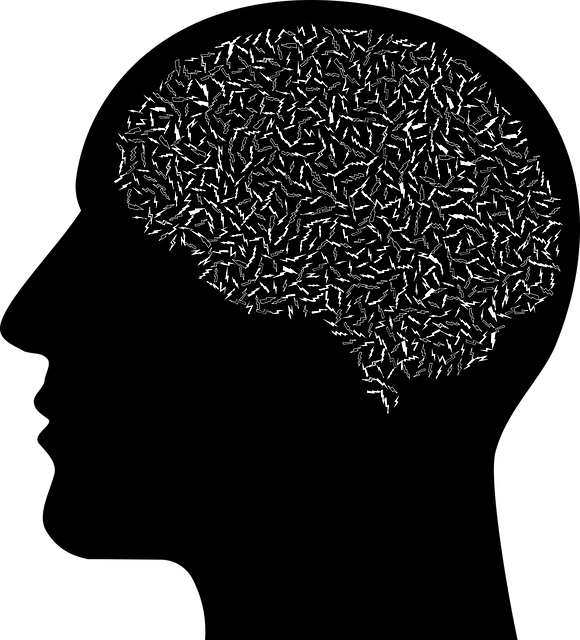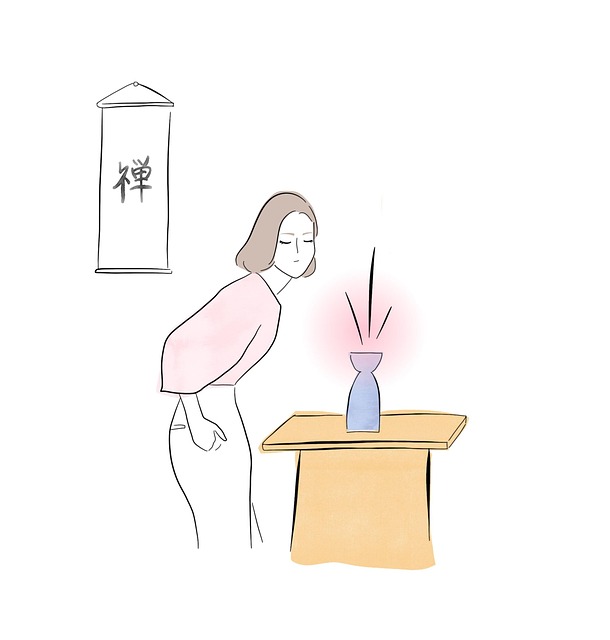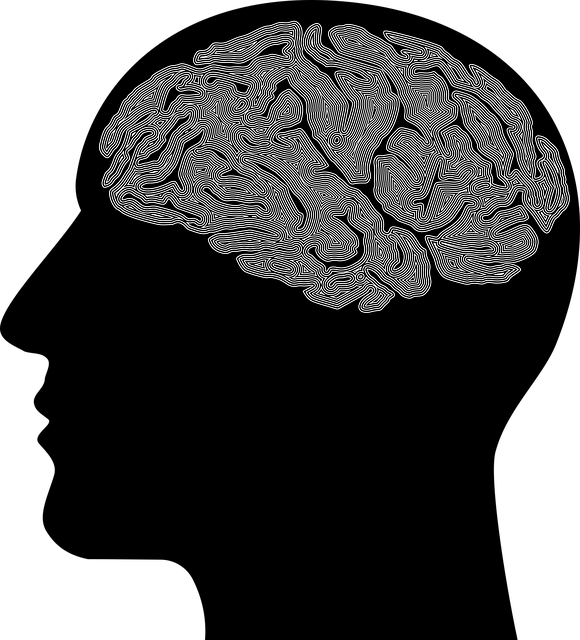Castle Rock Abuse Survivors Therapy (CRAST) provides a unique approach to combat depression among abuse survivors by creating safe spaces for emotional expression and structured therapy. This holistic method includes Social Skills Training, Mental Health Awareness, and self-awareness exercises to help individuals process trauma, develop positive thinking, and regain control over their lives. By challenging negative thought patterns and building resilience, CRAST empowers survivors to manage symptoms, foster supportive relationships, and enhance overall well-being.
Depression is a pervasive condition that can significantly impact individuals’ daily lives. This article explores strategies to prevent and manage depression, offering a comprehensive guide for survivors. We delve into understanding the profound effects of depression and its unique challenges. Creating supportive environments, adopting effective coping mechanisms, and exploring mindfulness techniques are key components discussed. Additionally, we highlight Castle Rock Abuse Survivors Therapy as a specialized approach, providing hope and healing for those navigating mental health struggles.
- Understanding Depression and Its Impact on Survivors
- Creating a Supportive Environment for Healing
- Effective Coping Mechanisms and Mindfulness Techniques
- Professional Help: Exploring Castle Rock Abuse Survivors Therapy
Understanding Depression and Its Impact on Survivors

Depression is a complex mental health condition that significantly affects individuals’ daily lives and overall well-being. It’s more than just feeling sad; it’s a persistent state of low mood, loss of interest in activities once enjoyed, and a range of physical and cognitive symptoms. For Castle Rock abuse survivors, navigating depression can be particularly challenging due to the trauma they’ve experienced. Therapy plays a pivotal role in their journey towards recovery, offering safe spaces to process emotions, develop coping strategies, and rebuild resilience.
Social Skills Training and Mental Health Awareness are integral components of this process. By learning positive thinking techniques and improving social interactions, survivors can foster supportive relationships, enhance their sense of belonging, and gradually reclaim a sense of control over their lives. This holistic approach empowers them to manage symptoms, break free from negative thought patterns, and embrace a brighter future.
Creating a Supportive Environment for Healing

Creating a supportive environment is pivotal for individuals on their journey out of depression and especially for those who have experienced Castle Rock abuse survivors therapy. A safe and nurturing space allows for emotional expression, fostering open dialogue about feelings that might previously have been suppressed. This freedom to share experiences can significantly contribute to mood management and emotional regulation.
Through various therapeutic practices, one can learn effective stress management techniques tailored to their unique needs. By adopting these strategies, individuals gain a sense of control over their lives, which is crucial in countering the power dynamics often associated with trauma. This empowerment is key to rebuilding resilience and enhancing overall well-being.
Effective Coping Mechanisms and Mindfulness Techniques

Depression prevention strategies often include effective coping mechanisms and mindfulness techniques that can help individuals navigate life’s challenges more resiliently. Castle Rock Abuse Survivors Therapy (CRAST) has proven to be particularly impactful in this regard, offering specialized support for those who have experienced trauma or abuse. Through CRAST, survivors gain access to a supportive community where they learn healthy ways to process emotions, manage triggers, and develop adaptive coping strategies. This therapeutic approach not only helps in reducing symptoms of depression but also fosters resilience against future mental health setbacks.
Incorporating mindfulness into daily routines is another powerful tool for preventing depressive episodes. Techniques like meditation, deep breathing exercises, and body scans can help individuals cultivate present-moment awareness, thereby reducing the impact of negative thoughts and memories. By focusing on the here and now, people can better manage stress and develop a more positive outlook on life—key factors in Mental Illness Stigma Reduction Efforts. Additionally, Social Skills Training has been shown to enhance self-esteem and improve relationships, further safeguarding against depression. Effective coping mechanisms and mindfulness practices, when combined with appropriate therapy like CRAST, offer comprehensive strategies for maintaining mental well-being and preventing the onset of depression.
Professional Help: Exploring Castle Rock Abuse Survivors Therapy

For those seeking to prevent depression and navigate through its shadows, exploring therapeutic options is a pivotal step. One such avenue that has gained recognition is Castle Rock Abuse Survivors Therapy (CRAST). CRAST offers a unique approach to mental health recovery by focusing on self-awareness exercises tailored for individuals who have experienced trauma or abuse. By delving into the root causes and fostering self-reflection, this therapy enables clients to challenge negative thought patterns and beliefs associated with past traumas.
The effectiveness of CRAST lies in its ability to combat the profound impact of trauma on mental well-being. Through reducing the stigma surrounding mental illness, CRAST encourages individuals to embrace vulnerability as a path to healing. By applying Mind Over Matter principles, clients are empowered to reframe their perspectives and cultivate resilience, ultimately strengthening their coping mechanisms against depression.
Depression prevention is a multifaceted approach, from fostering supportive environments and employing coping mechanisms to seeking professional help. As discussed, understanding depression’s impact and utilizing techniques like mindfulness can significantly aid in recovery. For those who might benefit from specialized support, Castle Rock Abuse Survivors Therapy offers a unique and effective path forward, providing tools to navigate and overcome the challenges associated with depression. By combining personal strategies with professional guidance, individuals can reclaim their mental well-being and build resilience against future depressive episodes.

